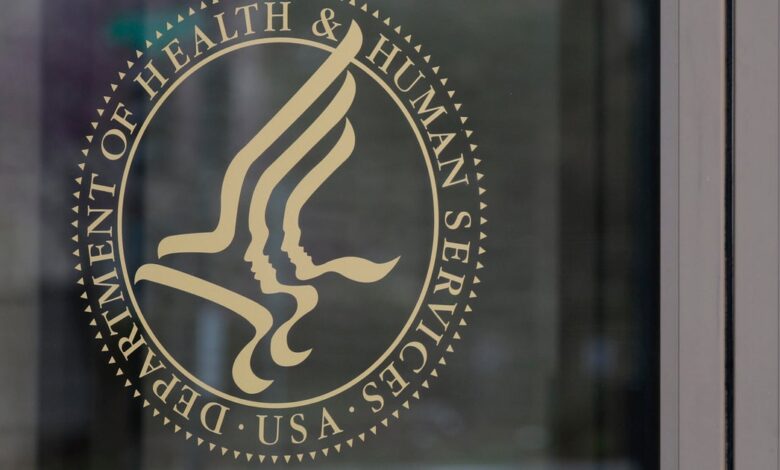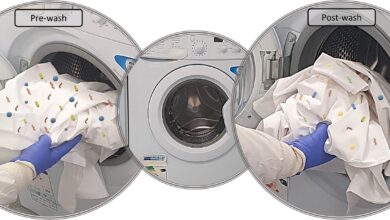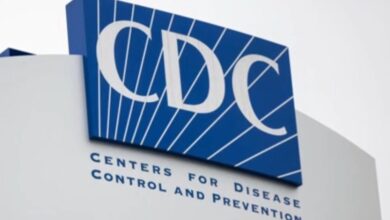HHS redirects $500 million to Trump appointee’s vaccine project, bypassing reviews

The Department of Health and Human Services has made a significant decision to redirect $500 million from research on next-generation COVID-19 vaccines to a single vaccine project associated with the former acting head of the National Institutes of Health under the Trump administration. This move has raised eyebrows among federal health officials, as it bypassed the usual review processes overseen by career scientists at the NIH and BARDA to ensure funding goes to projects with the most scientific merit.
The initiative, known as “Generation Gold Standard,” aims to kickstart clinical trials next year for universal influenza vaccines that could provide protection against any strain of the virus. The goal is to have a vaccine approved by the FDA by 2029. The entire $500 million has been allocated to a specific influenza vaccine project called beta-propiolactone (BPL), which some officials find unusual given the limited data available on this platform.
This transfer marks one of the largest awards from BARDA’s efforts to accelerate funding for new experimental vaccines and treatments, surpassing a previous award of $452 million to a company developing an oral COVID-19 vaccine. The decision-making process for “Generation Gold Standard” was described as collaborative among HHS leaders, with a focus on directing funding towards a BPL vaccine for all influenza threats.
The project, which was previously reported by The Wall Street Journal, underwent safety testing earlier this year in a Phase 1 study led by NIH researchers. Dr. Matthew Memoli and Dr. Jeffery Taubenberger, who hold key roles in the project, have faced scrutiny due to their connections to the Trump administration and controversial directives in recent months.
The redirection of funds to Memoli’s research was reportedly ordered by Noah Miller, a special assistant hired by HHS Secretary Robert F. Kennedy Jr. This decision to fund a specific project without the usual vetting from career scientists or external review is considered unusual. The funding is sourced from the “Project NextGen” initiative, a $5 billion effort launched by the Biden administration to support research on potential COVID-19 vaccines and treatments.
HHS spokesperson Vianca Rodriguez Feliciano defended the department’s new initiative, emphasizing a shift towards comprehensive pandemic preparedness by focusing on in-house vaccine development and utilizing traditional technology like BPL. The department aims to develop additional vaccines for COVID-19 using this platform and uphold the highest standards of safety and efficacy testing.
In conclusion, the Department of Health and Human Services’ decision to redirect funding to a specific influenza vaccine project has stirred controversy and raised questions about the transparency and effectiveness of the process. The move reflects a strategic shift towards prioritizing internal vaccine development and preparing for future flu viral pathogens.





